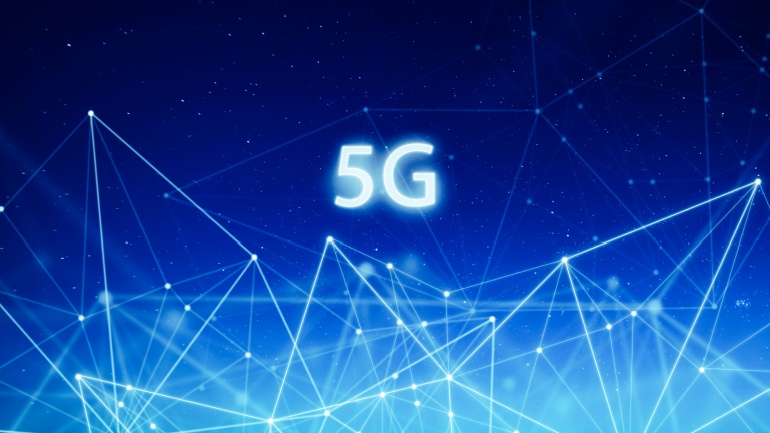AT&T’s acquisition of over $1 billion spectrum from UScellular enhances its network capabilities alongside T-Mobile and Verizon, marking a significant shift in the telecom landscape. With UScellular retaining crucial assets, the move aligns with evolving industry trends, focusing on infrastructure and Fixed Wireless Access services.
T-Mobile is revolutionizing VoIP communication with its groundbreaking 5G standalone network, achieving uplink speeds of 2.2 Gbps using New Radio Dual Connectivity. By aggregating 2.5 GHz and mmWave spectrum, T-Mobile significantly enhances VoIP performance, catering to demanding applications like live streaming and gaming. This innovation elevates VoIP experiences worldwide.
Starlink’s temporary FCC approval for direct-to-device services highlights the vital role of VoIP technology during emergencies. By partnering with T-Mobile, Starlink enables emergency alerts via satellite in hurricane-stricken North Carolina, offering free internet for 30 days.
NVIDIA is partnering with T-Mobile, Ericsson, and Nokia to revolutionize mobile networks using AI-RAN. By leveraging the NVIDIA AI Aerial platform, this alliance aims to enhance 5G and future 6G networks. The partnership will optimize network performance and operational costs, paving the way for innovative AI-powered applications.
T-Mobile US and KKR have formed a joint venture to acquire Metronet, an Indiana-based ISP with over 2 million households served. T-Mobile’s $4.9 billion investment for a 50% equity stake aims to leverage Metronet’s fiber network, expanding T-Mobile’s broadband services.
T-Mobile has secured a significant $2.67 billion defense contract, positioning itself as the primary wireless solutions provider for the U.S. Navy over the next decade. This contract, known as Spiral 4, succeeds the earlier Spiral 3 agreement, which expired in May. The new arrangement allows all U.S. Department of Defense agencies to access T-Mobile’s wireless services and equipment until 2034.
T-Mobile US has launched a new backup fixed-wireless access (FWA) service called Home Internet Backup in response to frequent network outages and an anticipated severe hurricane season. This new service is an entry-level FWA subscription priced at $30 per month, which includes a bundled home gateway. It is designed to be a cost-effective alternative to T-Mobile’s existing Home Internet package, offering a $20 discount.
The Federal Communications Commission (FCC) has issued fines totaling $196 million to major US telecommunications operators for unlawfully sharing customers’ location data. This action comes more than five years after the violation was initially exposed.
In a pivotal tech development, Delta Airlines aligns with T-Mobile, dedicating their efforts towards promoting 5G technology advancement. The vast integration will transform over 60,000 workflows, enhancing operations from check-in to lift-off. To support this evolution, Delta plans to implement a T-Mobile 5G hybrid network at its Atlanta headquarters. As part of its ongoing telecom development, T-Mobile recently concluded a $290 million 5G network expansion in Louisiana.
A recent spectrum auction in Austria, overseen by the country’s telecoms regulator, the RTR (Austrian Regulatory Authority for Broadcasting and Telecommunications), has introduced a noteworthy condition aimed at promoting energy efficiency within the telecommunications industry.













